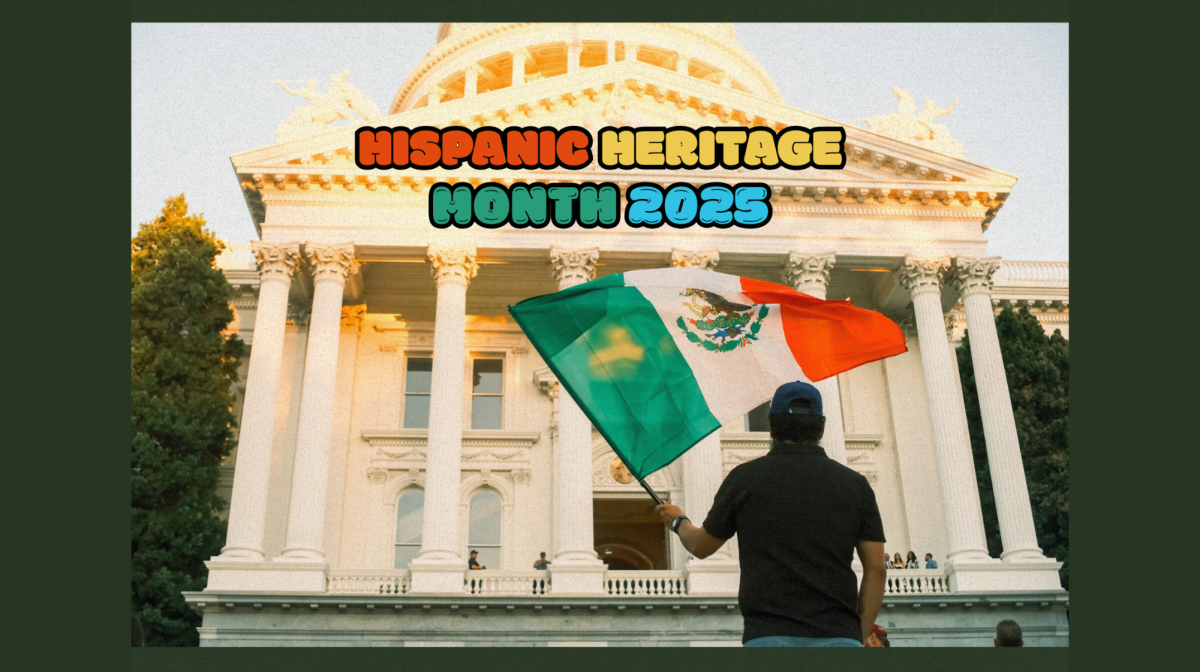Media bias misinforms
September 12, 2012
There is a reason why younger generations, which are so largely impacted by the decisions made by possible future presidential figures, are unlikely to tune into the party conventions.
Political conventions have lost their relevance in modern elections, but I blame the bias in televised media for turning young voters away from watching them.
Viewership for the Republican National Convention this time around took a dramatic fall from the numbers in 2008.
Compared to the 39 million who watched former GOP nominee John McCain’s acceptance speech in 2008, there was a 23 percent drop in viewership for Mitt Romney.
I can understand most Americans perceive these conventions as superficial. It’s already understood who the presidential candidates will be by the time they air, so the suspense is gone.
These conventions cost millions of dollars and have almost no impact on the polls for candidates. Yet the major national news networks fill the airwaves with constant coverage.
Unfortunately, the coverage given to party conventions doesn’t hesitate to portray the bias in the networks and their journalists.
It’s widely known and accepted that Fox News presents the facts of events in a conservative way, while journalists at MSNBC take a very liberal approach to storytelling. This was apparently the case during the convention coverage this year.
MSNBC portrayed a GOP that failed to feature any minority speakers. During these speeches the channel opted for a panel of their well-known anchors, including Rachel Maddow and Chris Matthews.
Chris Matthews also wasn’t shy about his personal feelings on the GOP candidates. During MSNBC’s “Morning Joe”, Matthews verbally attacked the featured RNC coordinator, Reince Priebus.
Matthews provoked Priebus by accusing Romney of using the “race card” during his campaign ads and criticized comments Romney made in Michigan when he stated, “no one has ever asked to see my birth certificate,” unlike President Obama.
Priebus refused to continue with the shouting match, and the “Morning Joe” hosts were clearly annoyed with Matthews’ outbursts.
Situations like this make me wonder why political journalists continue to pursue partisan coverage of these events when many folks are turned off by it.
“I would say that the media has turned the presidential elections into a horse race,” said College Republicans member Lauren Lombardo, a freshman studying economics.
“So each channel, like MSNBC and Fox, has their own bias. When you watch MSNBC of course you’re going to have to expect the more liberal bias, but at the same time they claim to be more moderate,” said Lombardo. “So if they are going to portray that, then they shouldn’t inject their opinion as much. The same goes for Fox. As a viewer you need to get your news from more sources.”
Although few people are tuning into political conventions, social media monitoring proves they provide buzz among citizens.
Using social networks to stay connected with these conventions has become more important this campaign season than ever before.
Now people go to the Internet for information without the blatant bias from television, and they can also share their opinions and reactions with friends.
According to Facebook’s data, of all the news events discussed this year on the website the GOP convention was the most talked about.
On Twitter, this convention triggered 5 million tweets, compared to the 2008 convention’s combined tweets of just 365,000.
There are many reasons for this conversion from televised media coverage to social networks.
This form of media gives instant gratification for viewers to learn the most important details of events, instead of sitting through long speeches.
The sensationalism of televised media has turned a lot of voters away.
On the Internet, information is quick and allows for feedback, but also there is less pundit bias than what’s provided by our nations largest news networks.
Samantha Gallegos can be reached at: [email protected]























































































































